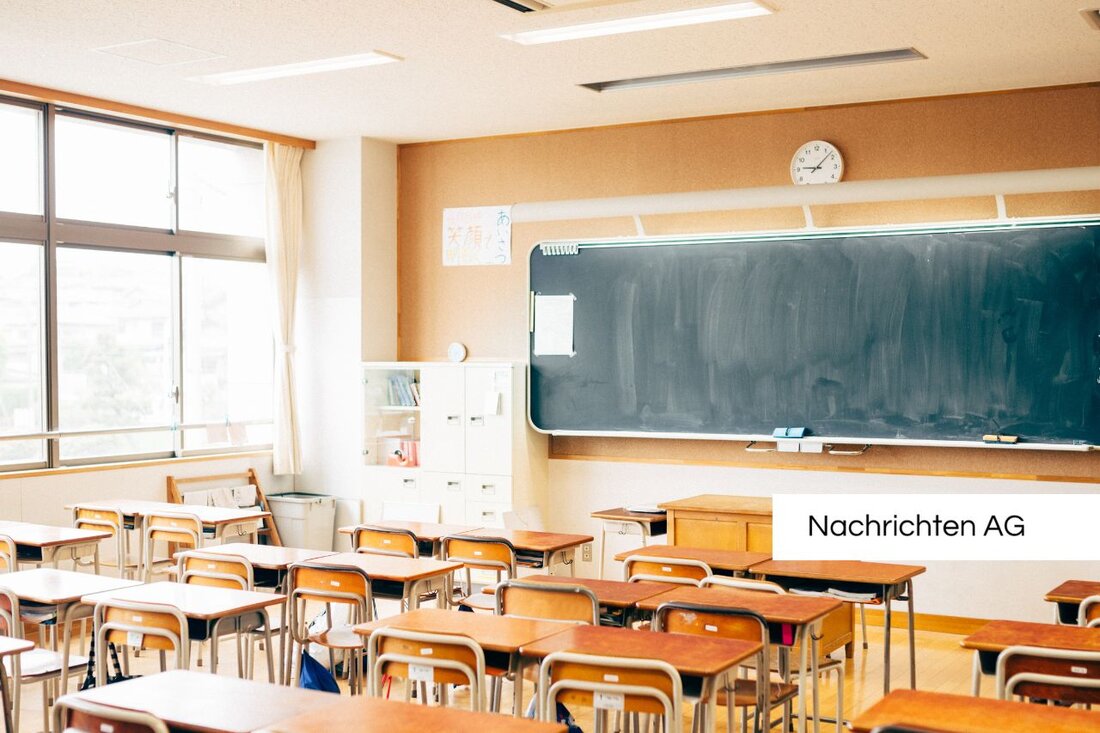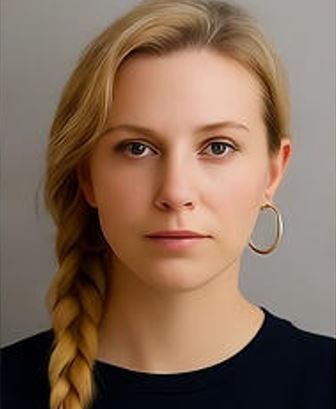Austria opens the doors for scientists and students at risk
Austria is opening up to US scientists and students, promoting international solidarity and offering scholarships.

Austria opens the doors for scientists and students at risk
In a remarkable move, Austria has decided to open its doors to endangered scientists and students from the USA. This initiative follows a fundamental shift in the country's political stance, particularly compared to the current US administration under President Donald Trump. After a government meeting, Science Minister Eva-Maria Holzleitner (SPÖ) emphasized the importance of international solidarity and the need to offer support to those affected. Loud Small newspaper The Euraxess platform is used as a central “one-stop shop” for talent.
In addition, comprehensive programs from the FWF Science Fund and the Academy of Sciences (ÖAW) are promoted, which offer young and established researchers various funding opportunities, including:
- Esprit für Forscher:innen am Beginn ihrer Karriere.
- Astra für fortgeschrittene Postdocs.
- Academy Fellowships für hochrangige Forscher:innen.
- Berta Karlik-Fellowships für Frauen.
Support for at-risk students
A significant aspect of this initiative is the newly introduced “Students at Risk” program, which was launched by the Agency for Education and Internationalization (OeAD) in cooperation with the Austrian Student Union (ÖH). It provides for the provision of monthly scholarships of 1,200 euros for around 50 students at risk. These scholarships are aimed at students who are forced not to continue their studies due to anti-democratic political measures and are intended to enable them to safely transfer to an Austrian university.
These comprehensive support measures are part of a larger network of programs launched by various organizations to support researchers at risk. As the Humboldt Foundation reports, the Institute of International Education's Scholar Rescue Fund (IIE-SRF) offers one-year partial scholarships that can be extended for another year if necessary. In addition, various foundations in Germany, such as the Gerda Henkel Foundation, support researchers at risk and enable them to continue their research abroad.
Integration programs in Germany
The Philipp Schwartz Initiative enables German universities to host researchers at risk for up to 24 months and complements the existing funding programs that many institutes offer0onias support. The Heinrich Heine University (HHU) in particular has successfully applied to be a host institution and will process new applications centrally in the future. The next round of calls for applications is expected to take place in September 2025. To apply, researchers must have a doctorate or a comparable academic degree and must not have been outside their home country for more than three years at the time of application.
These measures clearly demonstrate the importance of supporting international scientists and integrating at-risk talent in an increasingly uncertain global environment. It is not only a question of support, but also of responsibility to hold together and strengthen the academic community globally.

 Suche
Suche
 Mein Konto
Mein Konto
